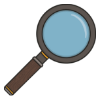


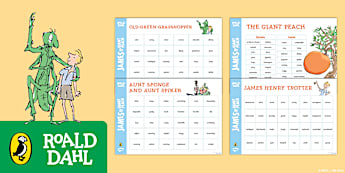
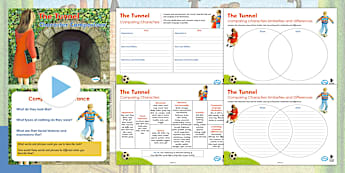
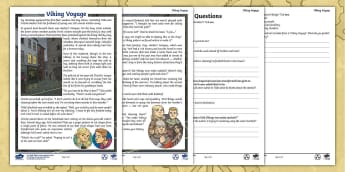



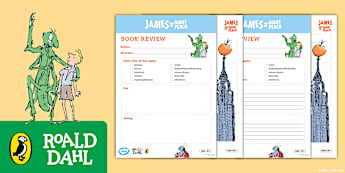
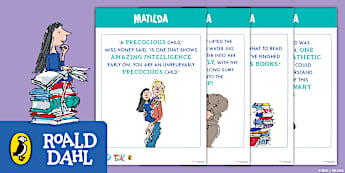



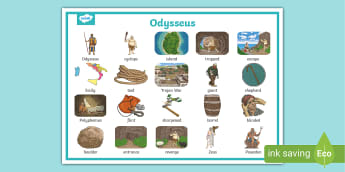

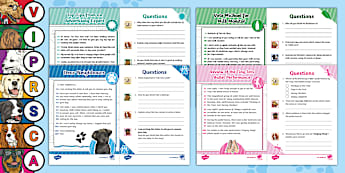






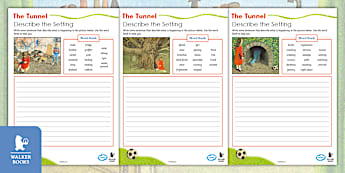

![Holes Whole-Class Guided Reading Pack 4 [UKS2]](https://images.twinkl.co.uk/tw1n/image/private/t_345/image_repo/5a/82/t-e-1701702141-holes-whole-class-guided-reading-pack-4-uks2_ver_3.jpg)
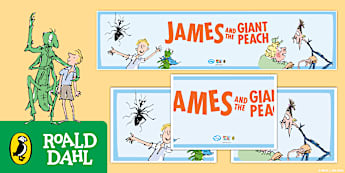



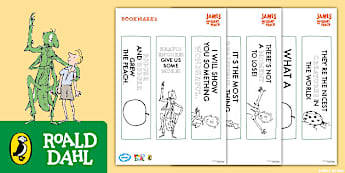

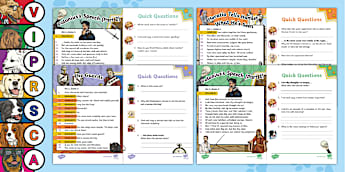
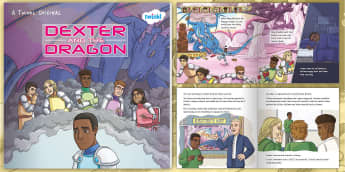
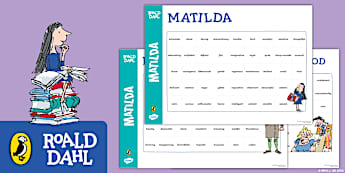





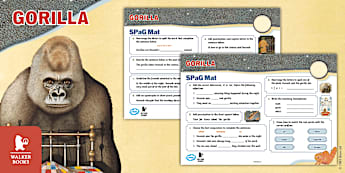
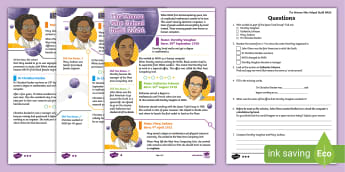

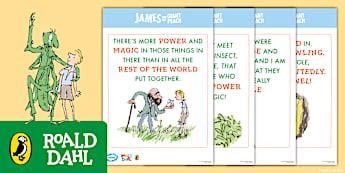

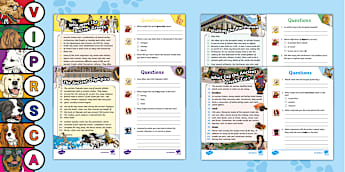
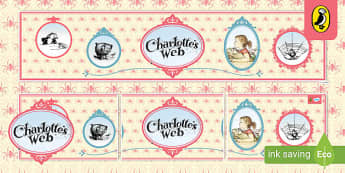




Helping your pupils achieve the aims and objectives outlined in the national curriculum for English can be a breeze when you use these Year 3 reading comprehension and Year 4 reading comprehension resources. Every single resource that you see in this collection has been made and approved by experienced teachers with the national curriculum in mind. This means you can rest assured while using the resources because the content is accurate, up-to-date and appropriate for your pupils. Not only are the activities engaging and fun, but they've been purposefully designed to support pupils in developing the skills that they need at this stage of their education.
If you're looking for upper KS2 reading comprehension resources, we recommend this UKS2 Reading Comprehension Bumper Resource Pack.
Developing reading comprehension skills takes a lot of practice - and that's exactly what your class can do when you use these Year 4 and Year 3 reading comprehension resources. Dive into a wide variety of reading texts, read exciting ebooks, or focus on specific skills with task cards. There are so many ways that you can teach this topic by using these resources. Keep things engaging for your pupils by using a mixture of everything! If you're not sure where to start, then take a look at these brilliant resources:
No matter whether you're teaching year 4 comprehension or introducing your year 3 pupils to reading comprehension for the first time, you can find just what you need in this bank of resources. Plus, most of our reading comprehension activities are differentiated so you can tailor your resources to your pupils' needs.
During year 3 and 4 reading comprehension lessons, pupils should:
